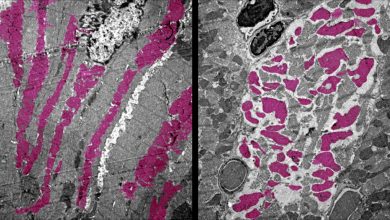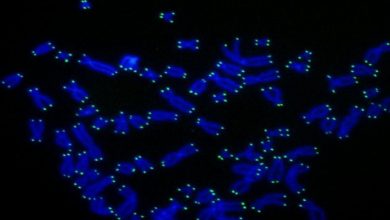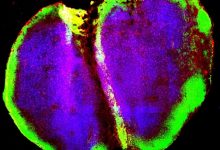
Latest study can answer how the virus is dodging the immune system and causing chronic infections, such as HIV or hepatitis c virus
A virus is a small infectious agent that replicates only inside the living cells of other organisms. Viruses have ‘studied’ immunology over millions of years of coevolution with their hosts. During this ongoing education, they have developed countless mechanisms to escape from the host’s immune system.
A new study done in McGill University have revealed a molecular mechanism which can give an answer to the question that how the virus is dodging the immune system and causing chronic infections, such as HIV or hepatitis c virus. This new study can also help to find a new target to treat a wide range of disease.
Our immune system recognizes the infected cell and destroys them. This work of recognizing the Infected cell is done by one of the lymphocytes which are cytotoxic T lymphocytes i.e CD8+ T cells. CD8+ T cells essential for immune defense against intracellular pathogens, including viruses and bacteria. When a CD8+ T cell recognizes its antigen and becomes activated. it kills the infected or malignant cells getting signaling orders from chemical mediators known as cytokines that make them more or less responsive to outside threats and prevent the infection from spreading.
“When it comes to viruses that lead to chronic infection, immune cells receive the wrong set of marching orders, which makes them less responsive,” says Martin Richer, an assistant professor at McGill’s Department of Microbiology & Immunology and senior author of the study.
This study was published in journal Immunity.
During their research, the researcher found that certain viruses interfere with the order of production of a cytokine which in turn modifies the glycoprotein present on the surface of the CD8+ T cells hence making the cells less functional.
This manipulation gives more time to the pathogen to leave behind the immune system and establish a chronic infection. With this study in mind, this pathway can be targeted to restore some functionality to the T cells which in turn can enhance the capacity to control infection.
This new finding of this regulatory pathway could help to identify new therapeutic targets for a variety of diseases. “We might be able to take advantage of the pathways induced by these signals to fight chronic viral infections by making the immune system more responsive,” Richer says. “The findings might also prove useful for diseases like cancer and autoimmunity, where T cells function is poorly regulated.”






